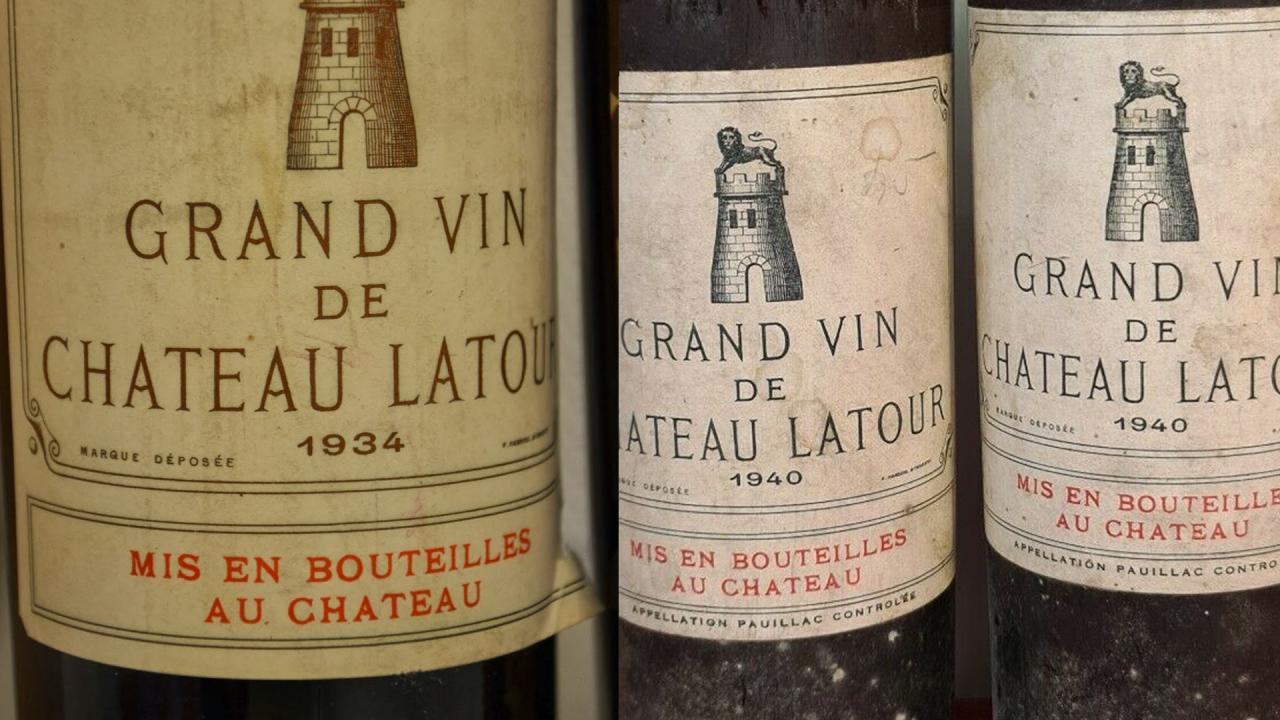
Having a Nice Glass of French Wine?
Thank Official Certification for Improving Quality and the Market
If consumers cannot tell the quality of a product when they buy it, it can drive high-quality products, like a good French wine, out of the market. Consumers would not pay a premium, and producers would have no incentive to make costly quality improvements. This widely held economic tenet, formalized in a famed article by Nobel Prize-winner George Akerlof, suggests that without standards, consumers could be left with mostly “lemons,” such as defective used cars.
A new study led by the University of California, Davis, argues that this “lemons problem” was in play in the French wine market prior to the adoption of a historic wine appellation certification system in 1935. The study suggests that before the reform, which created the system of Appellation d’Origine Contrôlée, or AOC, lesser quality wines saturated the market. It found the AOC system led to an estimated 14% increase in market value.
“The reform was not perfect, but this speaks to the ability of a reliable certification system to create economic value that’s more fairly distributed across the market,” said lead author Pierre Mérel, professor of agricultural and resource economics at UC Davis. “This appellation system allowed wine growers to improve wine quality and be rewarded for it.” The study was published in the journal European Economic Review.
Free riding before AOC
Mérel said that at the time the reform was adopted, France had millions of wine producers, including more than 60,000 in the renowned region of Bordeaux alone.
“This production structure, together with lax marketing standards, led to a system where it was very easy for lesser-quality wines to get a free ride economically,” said Mérel. “Producers would only have to say the grapes were grown in a reputable geographic location to get sales, regardless of the quality of the wine.”
That changed with the adoption of the AOC system, which codified production standards. The rules control what grapes can be grown in each appellation, on which parcels, and how. It includes restrictions on soil types and results-oriented metrics like maximum yields or alcohol content. Over time, mandatory tasting requirements were also implemented in each appellation.
“The study also speaks to the role of government and whether government should get involved in the market,” said co-author Ariel Ortiz-Bobea, associate professor of applied economics and management at Cornell University. “This suggests that when you leave the market alone you run the risk of free riders that can depress the quality overall.”
Other co-authors include Emmanuel Paroissien, research fellow at the French National Research Institute for Agriculture, Food and Environment. The work was supported by the Paris Institute for Advanced Study, the French National Research Agency and by the Cornell Center for Social Sciences.
Media Resources
Media Contacts:
- Pierre Mérel, UC Davis Agricultural and Resource Economics, merel@primal.ucdavis.edu
- Ariel Ortiz-Bobea, Cornell University, School of Applied Economics and Management, ao332@cornell.edu
- Amy Quinton, UC Davis News and Media Relations, amquinton@ucdavis.edu, 530-601-8077